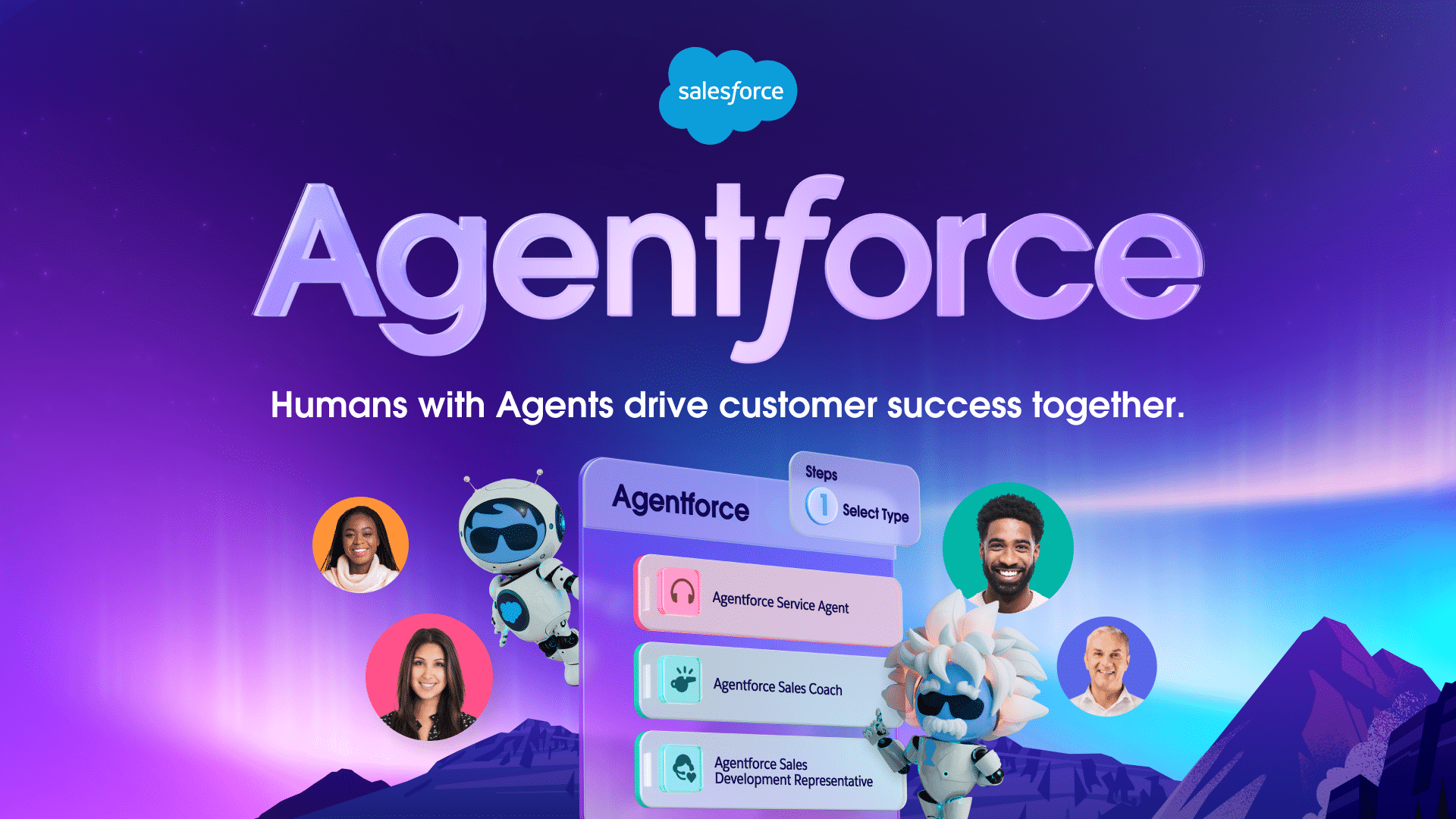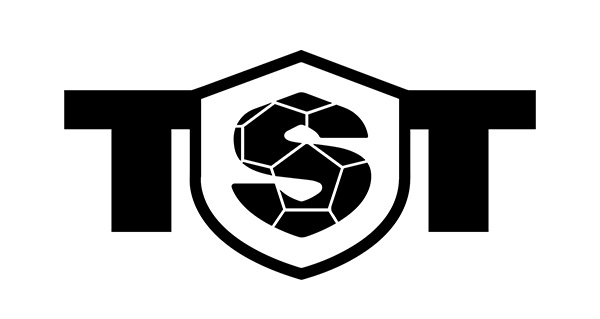There continues to be a certain virtue in working through sickness. Even though colleagues and bosses may usher us out the door, or off of our computers, there is the inexorable pull of work. A recent piece in The Economist speaks to this point. The writer admits that “when she got Covid19 this summer,… she kept going with her phone and laptop sunk in the duvet”. She was encouraged to pass her work to a colleague. But this was “unthinkable”.
The writer then goes on to say that we need to resist digital presenteeism and acknowledge that to be sick, is to be human. We will never escape this frustrating reality. So rest, and don’t worry about optics.
This is good, sound advice, and a message we should all listen to. We all play a part in creating workplace culture and in reinforcing the norms and practices that not only make our work lives more comfortable and even fulfilling, but also more diverse and inclusive.
Certainly, there are lots of reasons why we may want to continue plugging away. We may feel a mix of emotions about missing work – FOMO, guilt, worries about catching up after being off, and even a love of our job. Or our illness may be mild – we’re coughing, but not exhausted – and we don’t see the need to take time off.
But there is also often a culture of muscling through, a feeling of pressure to be present that makes resistance difficult. This has become even more pervasive during the pandemic as workers have been able to work remotely and thus aren’t risking their colleagues’ health by going into the office while contagious. And, just like before the pandemic, workers are concerned about optics and don’t want to signal a lack of commitment – especially when being online acts as evidence of engagement for remote workers.
Alongside culture, there is the structural reality of policy. Perhaps we’ve burned through our limited number of paid sick days (parents of young kids likely know this story well) and are left with the option of taking unpaid time – an unappealing and unrealistic prospect for many.
It is safe to say that our sick time safety net – and the culture around it – hasn’t kept pace with the pandemic experience. The pressure to work while sick of course existed prior to Covid-19, but factors like remote work have likely exacerbated this phenomenon. Taking time off for illness remains stigmatized.
So what’s the solution? Individual employees should try to resist the pressures of presenteeism (digital or otherwise), yes, but real change needs to come from the top. Organizations need to ensure their workers have access to a generous amount of paid sick time.
And they must create a culture of use. Leaders can start by modeling sick time use themselves. Organizations need to communicate that sick time isn’t merely tolerated – it’s accepted and even expected, regardless of whether or not an employee works remotely. This is one of the ways we make our workplaces more equitable, diverse and inclusive.
Inevitably, workers are going to get sick. This is outside of employers’ control. What is in their control, is how they choose to respond. Inclusive workplaces will accept illness as part of the human condition, offer ample sick time, and create a culture of use. They will communicate to their employees that their health and well-being matter.
And then maybe, we won’t need to actively resist the cultural pressures of presenteeism, or on the flip-side, muscle through with our tech in our beds. Maybe, then, we can simply take a nap.
Written by Lara Zink.
Have you read?
Genius-in-the-dumps! Some Lessons from the FTX Debacle by Ram Krishna Sinha.
4 ways to become someone people actually want to work for by Dr. Dominic Mcloughlin.
Pick up the Phone to Boost Connection by Renée Giarrusso.
How much is a poor onboarding process costing your company by Brad Giles.
Track Latest News Live on CEOWORLD magazine and get news updates from the United States and around the world.
The views expressed are those of the author and are not necessarily those of the CEOWORLD magazine.
Follow CEOWORLD magazine headlines on: Google News, LinkedIn, Twitter, and Facebook.
Thank you for supporting our journalism. Subscribe here.
For media queries, please contact: info@ceoworld.biz
























































![Social Media Spring Cleaning [Infographic] Social Media Spring Cleaning [Infographic]](https://imgproxy.divecdn.com/9e7sW3TubFHM00yvXe5zvvbhAVriJiGqS8xmVFLPC6s/g:ce/rs:fit:770:435/Z3M6Ly9kaXZlc2l0ZS1zdG9yYWdlL2RpdmVpbWFnZS9zb2NpYWxfc3ByaW5nX2NsZWFuaW5nMi5wbmc=.webp)
![5 Ways to Improve Your LinkedIn Marketing Efforts in 2025 [Infographic] 5 Ways to Improve Your LinkedIn Marketing Efforts in 2025 [Infographic]](https://imgproxy.divecdn.com/Hv-m77iIkXSAtB3IEwA3XAuouMwkZApIeDGDnLy5Yhs/g:ce/rs:fit:770:435/Z3M6Ly9kaXZlc2l0ZS1zdG9yYWdlL2RpdmVpbWFnZS9saW5rZWRpbl9zdHJhdGVneV9pbmZvMi5wbmc=.webp)














